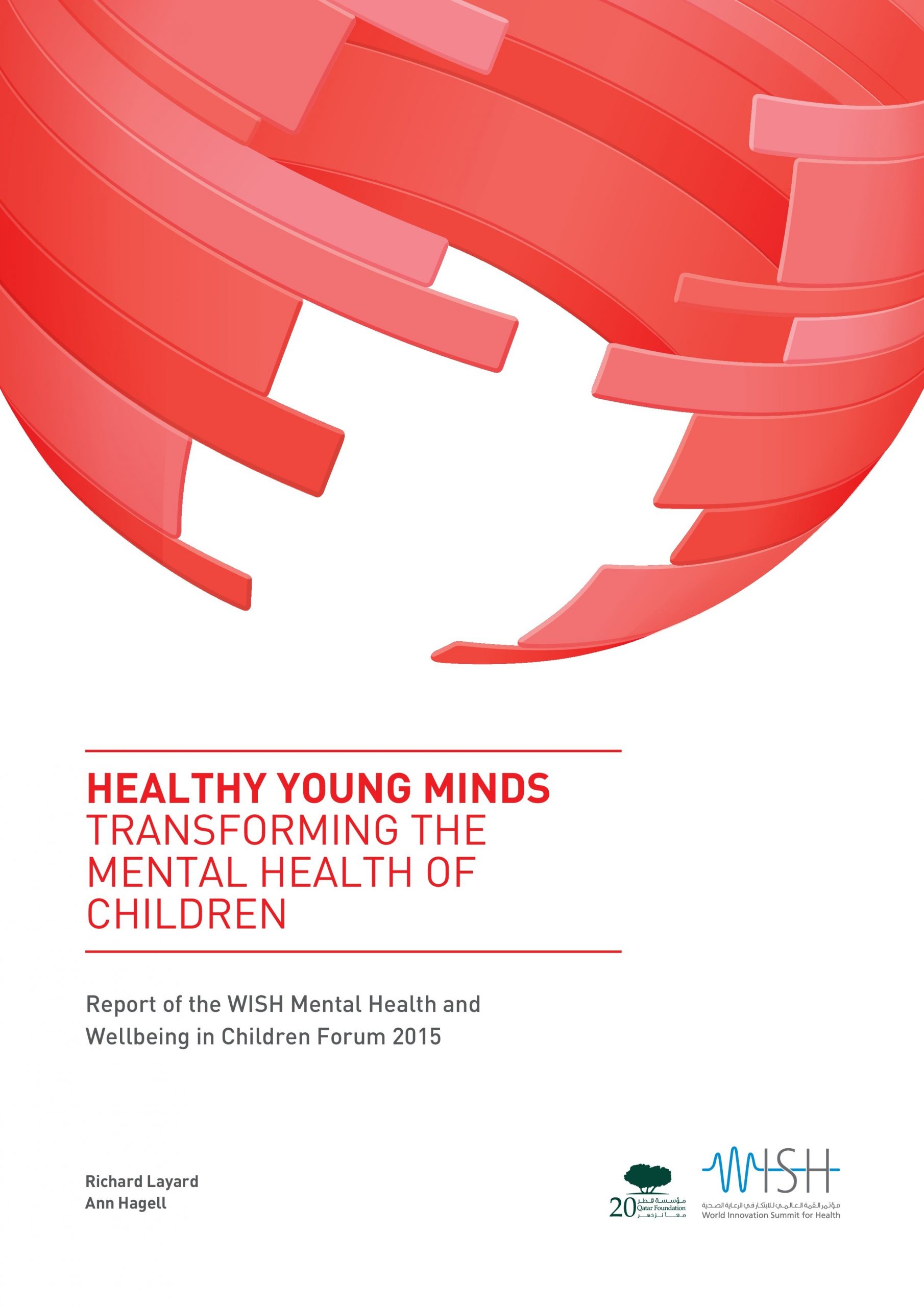Executive Summary
Children matter desperately – both as people and as tomorrow’s adults. Altogether, 31 percent of the world’s population is aged under 18,1 representing one third of all human experience. This is the group we focus on in this report, and for convenience we shall refer to them as ‘children’.
What matters most about them is their subjective wellbeing – how they feel about their lives. This reflects a new shift of emphasis among policymakers worldwide. Increasingly people feel that the success of a society cannot be judged mainly by its level of wealth but rather by how satisfied people are with their lives.2 Nearly all Organisation for Economic Co-operation and Development (OECD) countries now measure adult life satisfaction as a routine statistic,3 and many are considering new forms of policy analysis with this as the objective.
Children differ hugely in their subjective wellbeing (or ‘wellbeing’ for short). There is a very wide spectrum. For much of our report we focus on those with mental disorders, who lie at the bottom end of the spectrum. But we also look at the whole spectrum because a general upward shift in wellbeing can be an excellent way to reduce the numbers at the lowest levels.
Children’s mental wellbeing is affected by every aspect of their lives – by their physical health and quality of nutrition, by their wealth and poverty, by discrimination, by war and conflict – and a whole range of other social and economic factors. But it is also affected by more personal factors. First is the family – the stability it offers, the stimulus it provides and the values it nurtures. Then there is the psychological support of the wider community, including the healthcare system, but also a whole range of local social organizations. And finally there is the school, which leaves its mark on the character of every child. In this report we cannot discuss all the factors which affect children. Instead we concentrate on the role of these more personal factors and above all on how they can be improved.
Our central focus is on how to reduce mental illness by directly addressing the personal factors that have caused or are sustaining it. This means ensuring that mental disorders are treated when they arise, but also doing our best to prevent them in the first place. Prevention requires a wide approach because there is no reliable way of predicting which children will develop mental health problems. So, when thinking about prevention, we have to think about how to improve the wellbeing of all children – a task for everyone in our society

